Last year, I found out that a friend whom I had known for almost five years had been talking behind my back. Whatever she had been saying seemed to have no basis either. I felt falsely accused and unfairly judged.
Since knowing her, I had always looked up to her. We had good memories together too, so I trusted and confided in her.
My conscience was clear and I hadn’t done anything wrong, so where did her piercing, judgmental words come from? Twisting the knife into the wound, she continued to treat me as a friend and ask me for favours.
This incident pales significantly in comparison to what Jesus experienced. But it gave me a glimpse of what betrayal felt like.
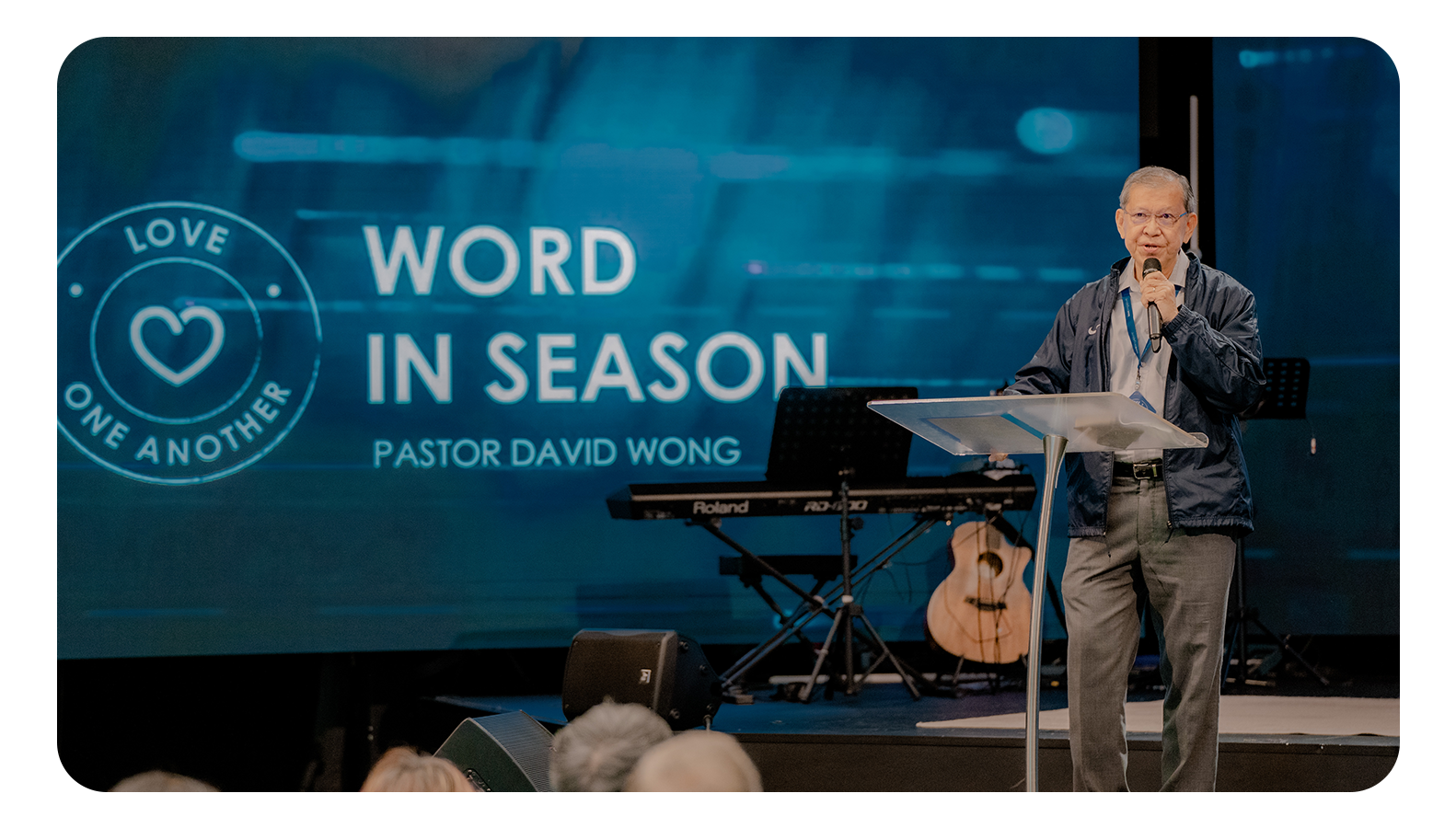
At the recent LoveSingapore Summit 2022, something that Rev Dr David Wong of Zion Bishan Bible-Presbyterian Church said stuck with me: The lack of love breaks up churches.
Reading from John 13:34-35, Pastor David spoke about three disciples — Thomas, Peter, Judas — who didn’t love Jesus the way they should’ve.
Thomas who lacked faith and doubted, Peter who failed Jesus, and Judas who betrayed Him. I was especially moved by the depth of love Jesus had for Judas, despite the extent to which the latter broke his trust.
On the night that Jesus was betrayed, Jesus not only allowed Judas to sit by His side but also handed Judas a piece of bread — a gesture of honour. Perhaps, Jesus was offering Judas one final chance to turn around. Sadly, Judas accepted the morsel but rejected Christ. And all for 30 pieces of silver.
And in the Garden of Gethsemane when Judas came with the temple guards to have Jesus arrested, Jesus still called Judas a “friend” (Matthew 26:50).
“A new commandment I give you, that you love one another, just as I have loved you, you also must love one another. By this, all people will know that you are my disciples if you have love for one another.” (John 13:34-35)
A well-known passage for a person like me who had grown up in church. But perhaps not known well enough.
That day, the Holy Spirit opened my spiritual eyes, and I was humbled by the depth of Christ’s love.
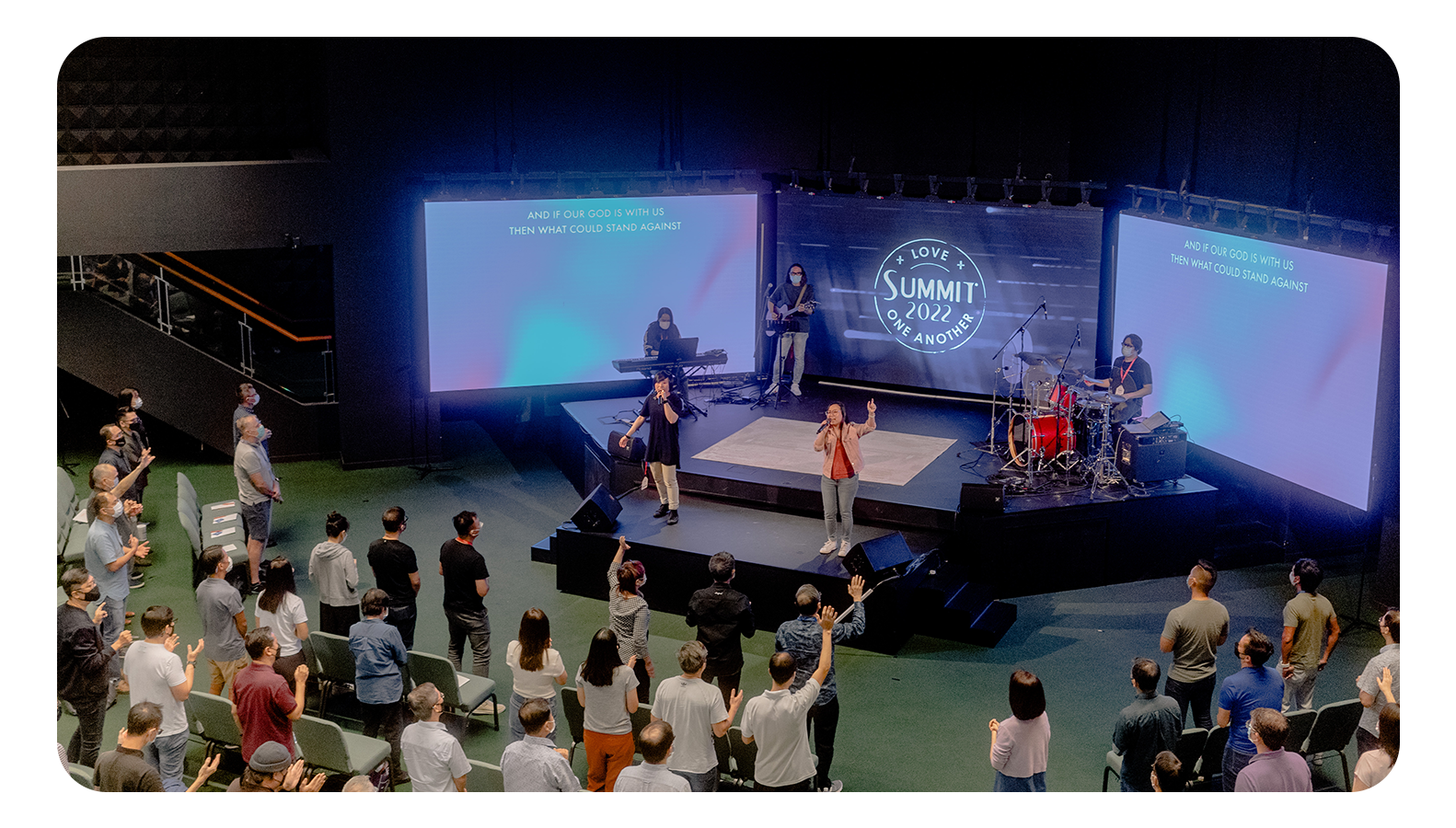
I was reminded of my own experience of betrayal last year.
Every time her name came up in conversations, my heart churned with resentment. As I scrolled through Instagram, her stories or posts would appear on my feed.
How could I still love someone whom I had known for years and trusted, but who chose to abuse that trust?
This new commandment was impossible. Did I really have to? It felt so unjust.
“Love one another as I have loved you.”
It’s such a nice-sounding, wholesome verse right? In reality, there is an immense weight in Christ’s words here. To understand that better, we have to look at the context of that passage.
The preceding verses are of Judas leaving the Last Supper to betray Jesus. The verses that come after this are Jesus’ foretelling of Peter’s denial.
In the midst of friends failing Him when He needed them the most, Jesus continued to love the very ones who hurt him. To me, that takes loving one another to a whole new level.
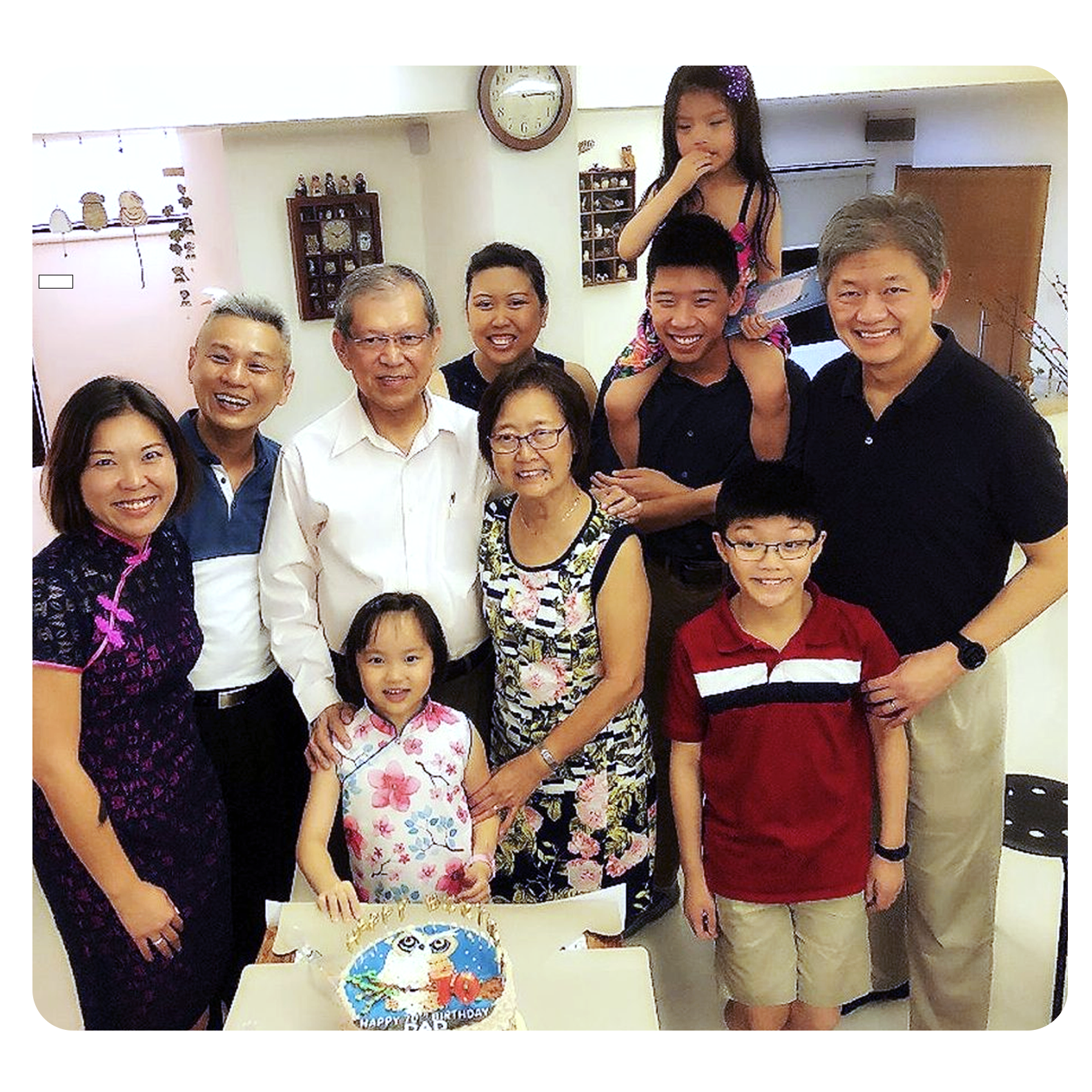
At Summit 2022, Pastor David also showed a photo from his 70th birthday three years ago. It was especially precious to him because both his children’s families made it a point to be there to celebrate the occasion with him — one of his daughters even flew in from the US.
But it could have been different, he said. His children could have said that they wouldn’t show up because they couldn’t get along. Imagine if one of his daughters refused to come because she couldn’t stand her sister.
That’s the same way God’s heart breaks when His children fight one another.
Loving one another isn’t an end in itself. Rather, we love one another to bring joy to our Father and to bear witness to the world that we are truly His disciples.
A younger me would have resisted this message. I admit that I had not been as loving as I should have to some brothers- and sisters-in-Christ. In fact, I had probably incited much more friction within the church than necessary.
Thankfully, God has been remoulding me. As Pastor David explained, the term “disciple” means a learner.
God often sends us processing items – things to test us and mould us. Every episode of pain is for us to learn and grow, he said.
Whenever people challenge our ability to love, look up and ask the Lord: “What are You teaching me?”
And then look within: If we call ourself a disciple, have we died to self? If we have not died to ourself, how can we call ourself a disciple?
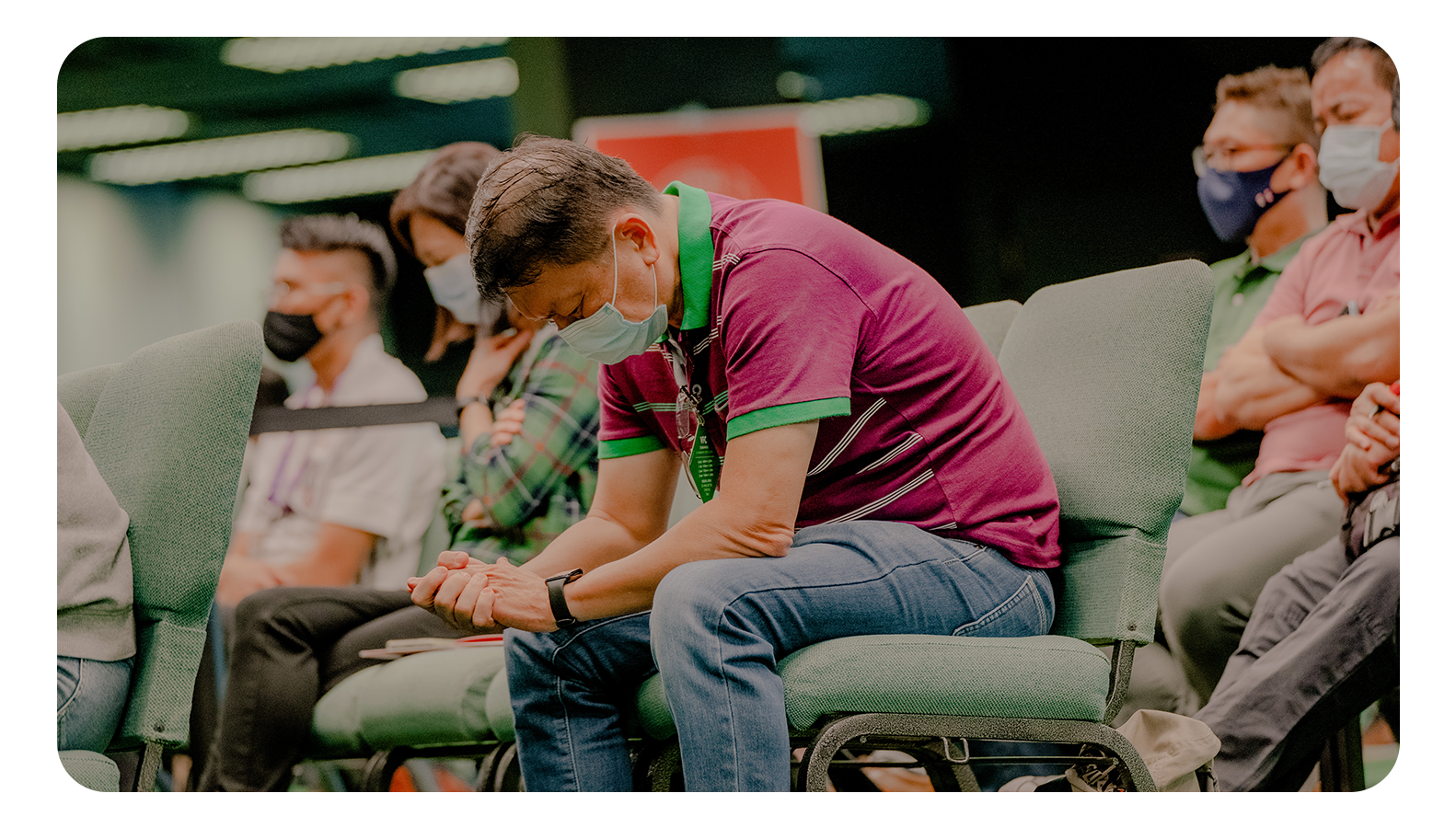
Throughout 2021, I had my own battles with brothers and sisters within the Church.
But it was through those incidents that God deepened my understanding of His love, and convicted me of the need to stand together in the midst of the disunity and division.
God has also been faithful to restore and redeem my relationships with people.
As I listed to Pastor David’s message, this conviction to love grew within me.
“We’re reminded to be one, just as Jesus and the Father were one,” he remarked.
As a unity movement born with the purpose of loving Singapore together and turning Singapore Godward, it’s apt that this year’s theme for Summit was Love One Another.
At Summit 2022, I got to witness and experience God’s heart for His people on a national level, with church leaders from all over Singapore praying for and loving one another.
The day before, Pastor Edric Sng also shared about the Billy Graham Crusade of 1978 — not about the number of people who gave their lives to Jesus, but what did the churches did before the evangelistic rally.
Graham’s team had one criterion: They would only come to a country if all the churches wrote in to ask him to come. So that’s what the churches here did — and that led to one of the largest revivals in Singapore’s history.
At that moment, I realised that for revival to come, the family of God must be standing together so that they can catch the wave of revival together.
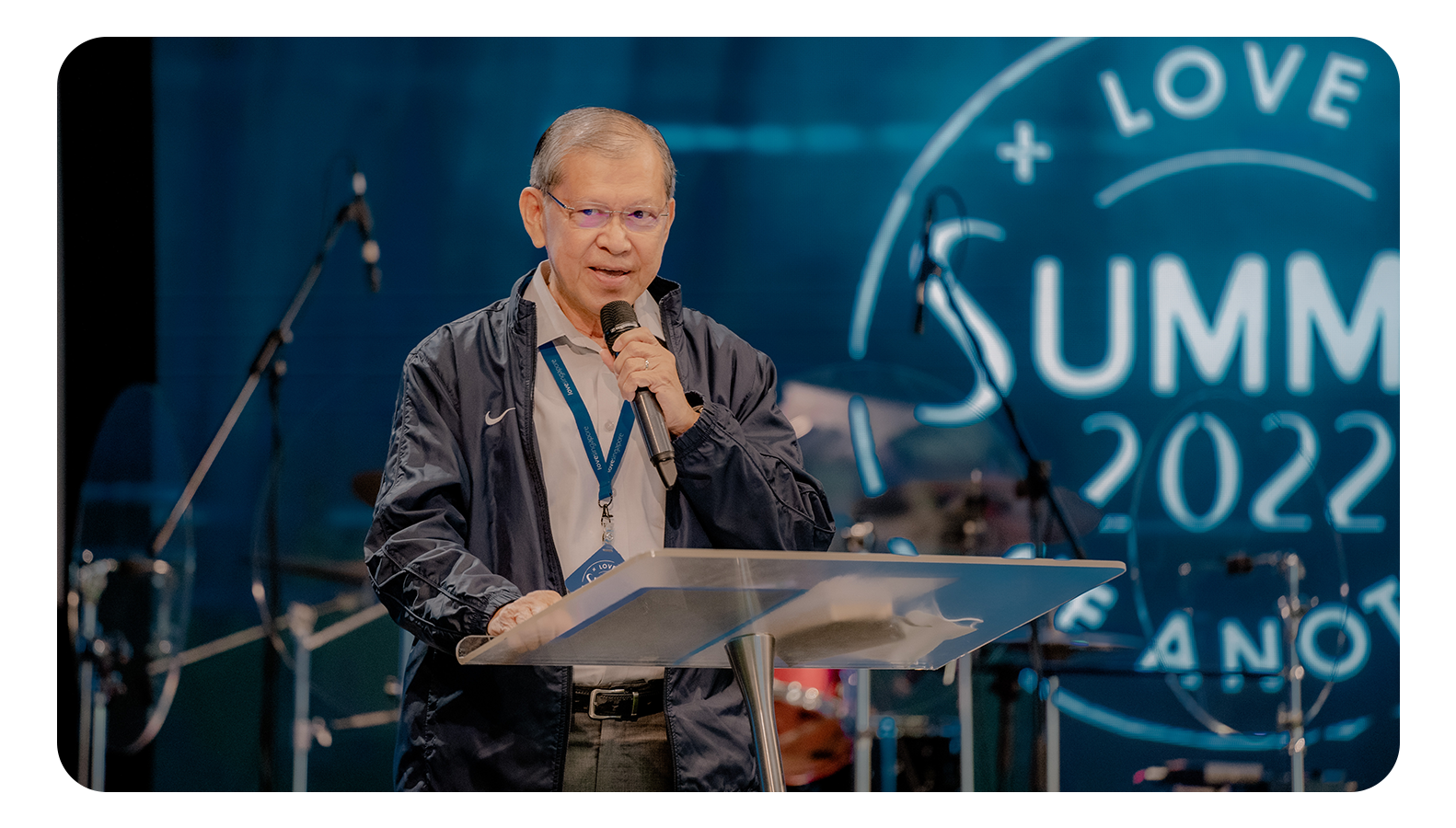
“What will the next generation say about us?”
This was the question that Pastor David threw to the crowd right at the start of his message.
Gen Z, we have an opportunity now. As the generations before us consider their legacy, we too must begin with the end in mind and ask ourselves these questions.
How do we shift the culture in our churches? What will our legacy be? Just as with any change, there must be individuals who take the torch and lead the way by walking in it first.
Those who have gone before us have seen how the Church can crumble without the love of God to hold it together. Let’s not repeat the mistake.
Gen Z, the choice is ours. In a time of toxic cancel culture, where controversial issues threaten to divide more than ever, can we be known instead for our faithful love for God and enduring love for one another?
What will our legacy be?
- Have you had any encounters with people who were like Thomas, Peter or Judas? How has Jesus met you in those moments and periods?
- In what ways have you not been loving others as Christ has loved us? Is there something God is calling you to begin doing?
- What legacy do you aspire to leave behind?









